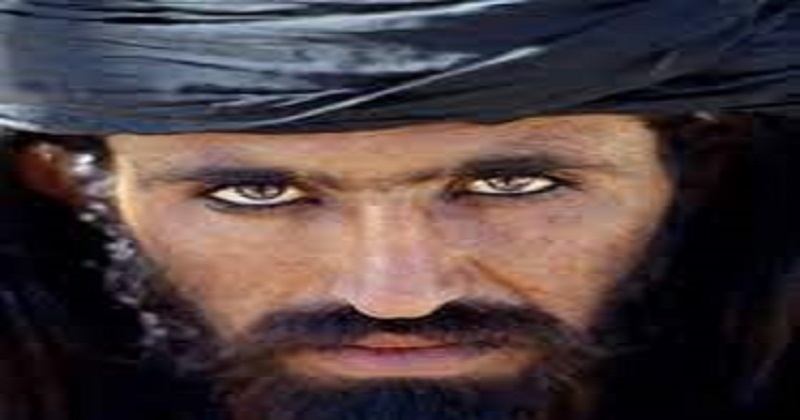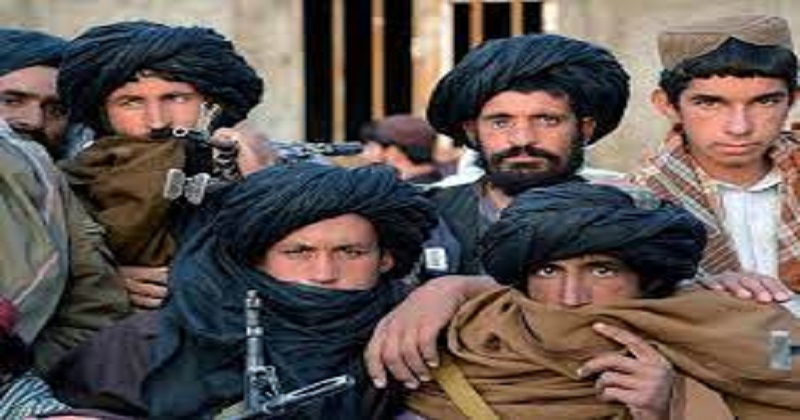
Mullah Mohammad Omar, a member of the Pashtun tribe, founded the Taliban in Afghanistan in the early 1990s. In Pashto, the word Taliban means ‘students’. ‘Talib’ is the singular form of the Arabic loanword ‘taliban’ (student). Muhammed Omar was a mujahedeen commander who waged a war against the Soviets, who were forced out of Afghanistan in 1989. As the Soviets withdrew, the Afghan government that had been heavily dependent on them began to crumble. A Mujahedeen government was formed in Kabul by 1992, but bloody infighting plagued it.
Mullah Omar formed a group of nearly 50 followers in Kandahar in 1994. As a result, they became known as the Taliban – the ‘students’ of Mullah Omar. During the civil war in Afghanistan during the post-Soviet era, these followers were meant to combat corruption and crime. Several Taliban members studied in conservative religious schools in Afghanistan and across the border in Pakistan. Mullah Abdul Ghani Baradar, who is said to have fought alongside the one-eyed cleric, aided Mullah Omar. During the Soviet invasion of Afghanistan in the late 1970s, Baradar’s life was forever altered, transforming him into an insurgent.

The Taliban grew from a small group of 50 to a large force as people grew disenchanted with the country’s situation and quickly captured Kandahar, which showed no resistance, followed by Kabul in 1996. The Taliban emerged as a result of the unfavorable conditions on the ground. In general, the people welcomed the Taliban, having lost faith in the corrupt Mujahideen leaders and their forces.
The Taliban hanged Najibullah Ahmadzai, the nation’s last communist president, in a public square and declared Afghanistan an Islamic state. As a result, it began imposing its strict interpretation of Islamic law. He was known as Mullah Omar and now his son Mullah Yaqoob heads the Taliban’s military commission, which oversees a vast network of field commanders tasked with executing the insurgency operations in Afghanistan. In a sprawling movement, his lineage and ties to his father serve as a powerful symbol and make him a unifying figure.
Read more: ‘We worship Shiva, He is like Shiva’: Madurai Mutt Responds to Fugitive Nithyananda’s Claims
In 2001, after the Taliban was overthrown by US forces, Baradar is believed to have been part of a small group of insurgents who sent a letter outlining a potential deal that would have seen the militants recognize the new government. Baradar was arrested in Pakistan in 2010 but kept in custody until pressure from the United States led to his release in 2018 and relocation to Qatar. In this position, he oversaw the signing of the withdrawal agreement with the Americans and was appointed head of the Taliban’s political office.

Post Your Comments